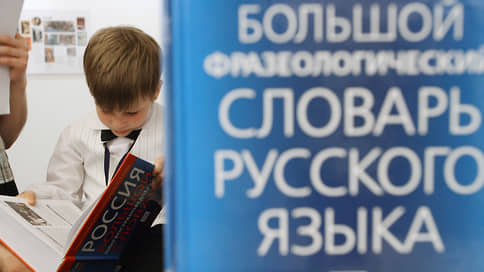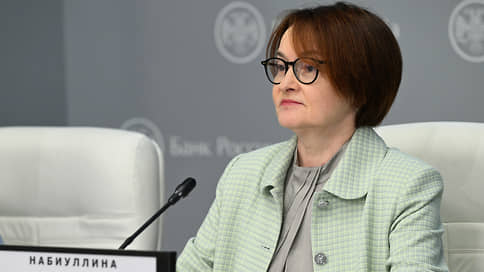The age norms of the Russian language – Kommersant

On June 6, the Russians learned from the Russians on the day of the Russian language how they relate to compliance with the rules of the Russian language. The study is based on the results of the All -Russian telephone survey, in which 1.6 thousand citizens over 18 years old took part.
Only half (52%) of respondents considers the language that dictionaries and linguists prescribe the norm. About a third of the respondents (35%) are mistaken for the norm « how the majority of the inhabitants of our country say. » Another 13% found it difficult to answer. The choice of respondents depends on the size of the village: the more people live in it, the more often citizens are guided by the option from the dictionary (see schedule).
The respondents evaluated their knowledge of the Russian language on a five -point scale, while the level of confidence depends on the age of the interviewers. Thus, the generation of “numbers” (starting in 2001) and the younger millennials (born in 1992–2000), which graduated from the school recently, set themselves 4.2 points, and representatives of the older generation (until 1947) estimated themselves at 3.7 points.
VTsIOM also checked the orthoepic knowledge of Russians. Researchers asked the respondents to stress in the word « calling ». 74% coped with the task, choosing the correct option for stress on the second syllable. Moreover, the most correct answers were given by representatives of the youngest generation (born from 2001 – 83%) and the oldest (by born in 1947 – 81%).
Recall, in April 2025, the chief researcher at the Institute of the Russian Language named after V.V. Vinogradova RAS Maria Kalenchuk suggested that soon the stress in this verb will change and will fall to the first syllable (“calls”), noting that the last 100 years in the Russian language there has been a tendency to transfer the shock syllable in the verbs to “-se” to the beginning. The opinion of Russians regarding such changes in the rules of the language was divided, but more often than others, the respondents chose the answer “neutrally”.






:format(webp)/s3/static.nrc.nl/wp-content/uploads/2025/06/05163439/data133217982-f902a2.jpg)
